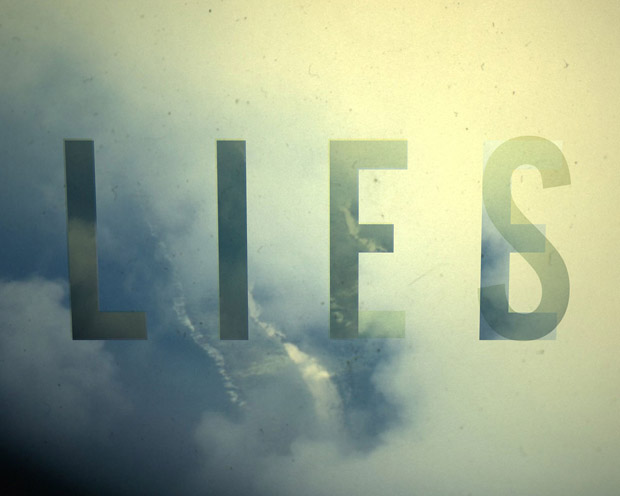10. Note to self delusion

Throughout history, lasting contributions in science and mathematics, even philosophy, are due to notions of utter lunacy. What farfetched and fantastic idea isn’t considered chimera until the moment it becomes reality?
At the level of the individual, however, overloaded with unfocused desire, implausible dreams impede personal growth, suffocating as they offer hope.
Does your object of affectation notice you notice?
Will that novel ever write itself?
Will you have the good manners to deflect praise when recognized at last for your brilliance?
Delusions offer transport and deliverance, prospects more appealing in theory than fact. You worship the door but fear to turn the knob. You pay no mind to the fraud behind the curtain—everything is too flawlessly flawed.
![]()
To let go of that kills the one thing you’re good at.
As such, delusions have become the events in your history, the signposts, the points of demarcation: before this falsehood, after this fantasy, making the timeline of your life a lie:
- Wishes you need to come true.
- Past slights you feel hobble you.
- Faith in other people’s bigotries to excuse your failure to thrive.
Investing energy in keeping these delusions alive distracts you from creating real events in your life: ones not confined to your ingenious but fractured mind.

You accommodate the farce and accept the deception as part of who you are. And it is a part of who you are. But is it a part of who you want to be?
![]()
Delusions are injuries you insist on having. Stop hurting. Demand healing. And if you think your delusions are risks worth taking, then confront them right now—not when you feel ready. Not when you think nobody’s looking, everybody’s looking at themselves. And if they are looking at you, they’re tired of looking at you. They are sickened by what they see.

